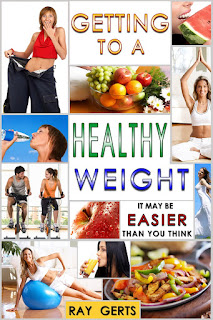Serving the Right Size
In my last post, I talked about Americans poor food choices and how we can substitute other foods to make a healthier choice. But it's not just about eating different foods, portion control plays an equally important part in controlling your weight. This is the hardest part, we've super-sized our meals in some cases all our lives and now we have to shrink our stomach so we can eat less and still feel full. O.K., I'm not blaming over weight solely on over-eating, Bad food choices and to many sugary drinks will cause excess body fat over time. That type of diet may not affect you during your school years, but as you mature even into your late 20's and you settle into a desk job, your activity level starts to go down. And even if you work out three or four times a week, you still don't have the same level of activity you had in your teens or earlier. That activity level you use to have burned all those calories you consumed while in school. Kids do eat poorly during th

